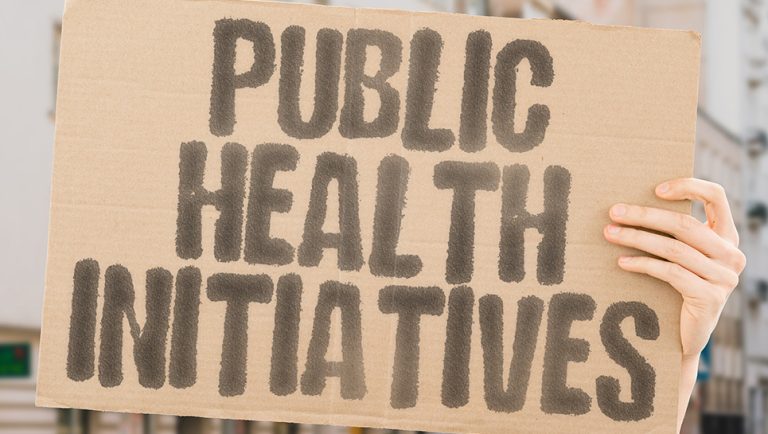
Body Liberation “Top 5 List” for Public Health
For those who would like a quick overview, here is our Top 5 List of things we wish more public health educators and practitioners knew about body liberation.

For those who would like a quick overview, here is our Top 5 List of things we wish more public health educators and practitioners knew about body liberation.
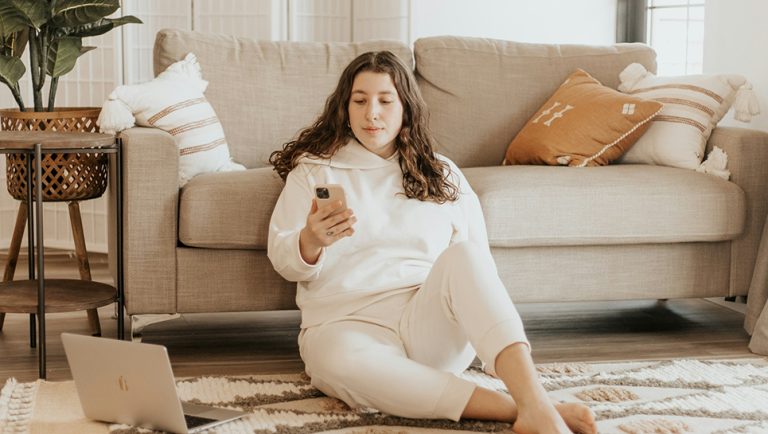
By Katie Borofka - We need fellow rebels and activists and we need to find each other. We need community who says: Your body is not the problem. You are surviving the best way you know how. You are not alone.

By Liz Budd and Nichole Kelly - Community organizations and individuals began reaching out to us for help in adjusting their approaches to be less harmful and more helpful to their patients, clients, students, and community members. We created ReDefine Health Promotion, LLC to better serve these community needs and…
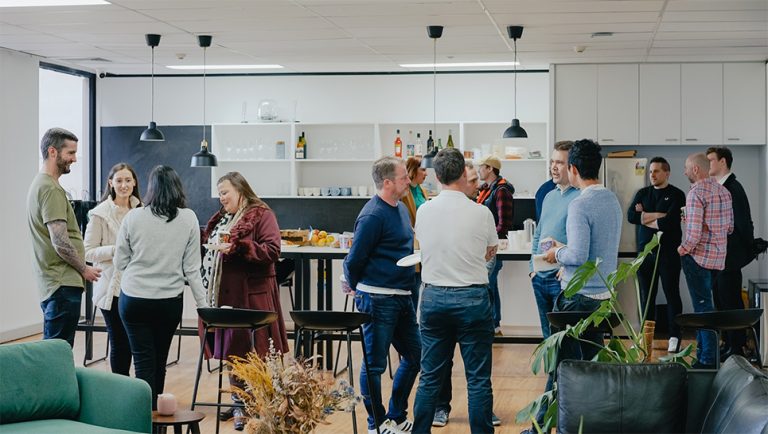
Creating workplaces that are inclusive of people of all sizes involves physical and visual aspects, as well as the topics of "water cooler banter." Explore ways that both organizations and individuals can make people of all sizes feel welcome at work.
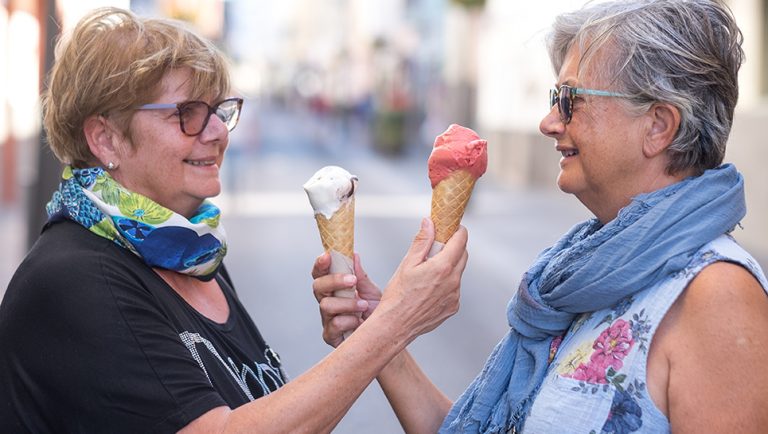
By Stasha Hornbeck - If I’m not prescribing “what to eat” anymore, what is a dietitian to do? One clinical dietitian and diabetes educator shares the ways she is shifting from a weight-normative to a weight-inclusive, trauma-informed approach in a large healthcare environment.
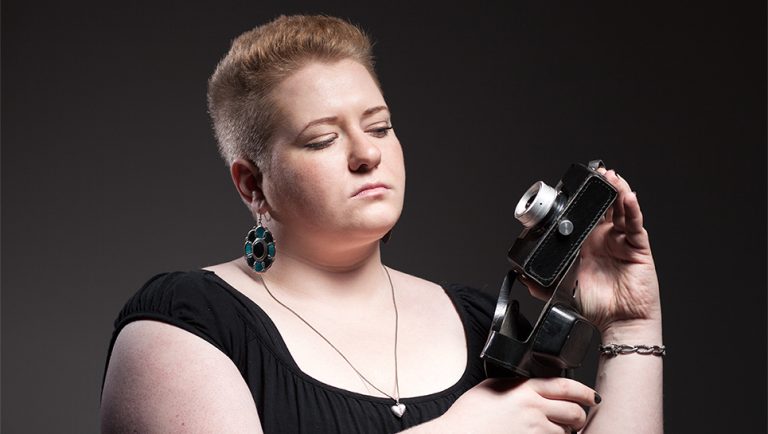
There are a lot of incorrect assumptions about eating disorders, and participating in body liberation requires knowing some basic correct information. You cannot tell if a person has an eating disorder by looking at them.

Best Practices: Recommending intentional weight loss does not meet the standard for a best practice, and has the potential to cause harm. We can more effectively improve health with weight-neutral, sustainable approaches.